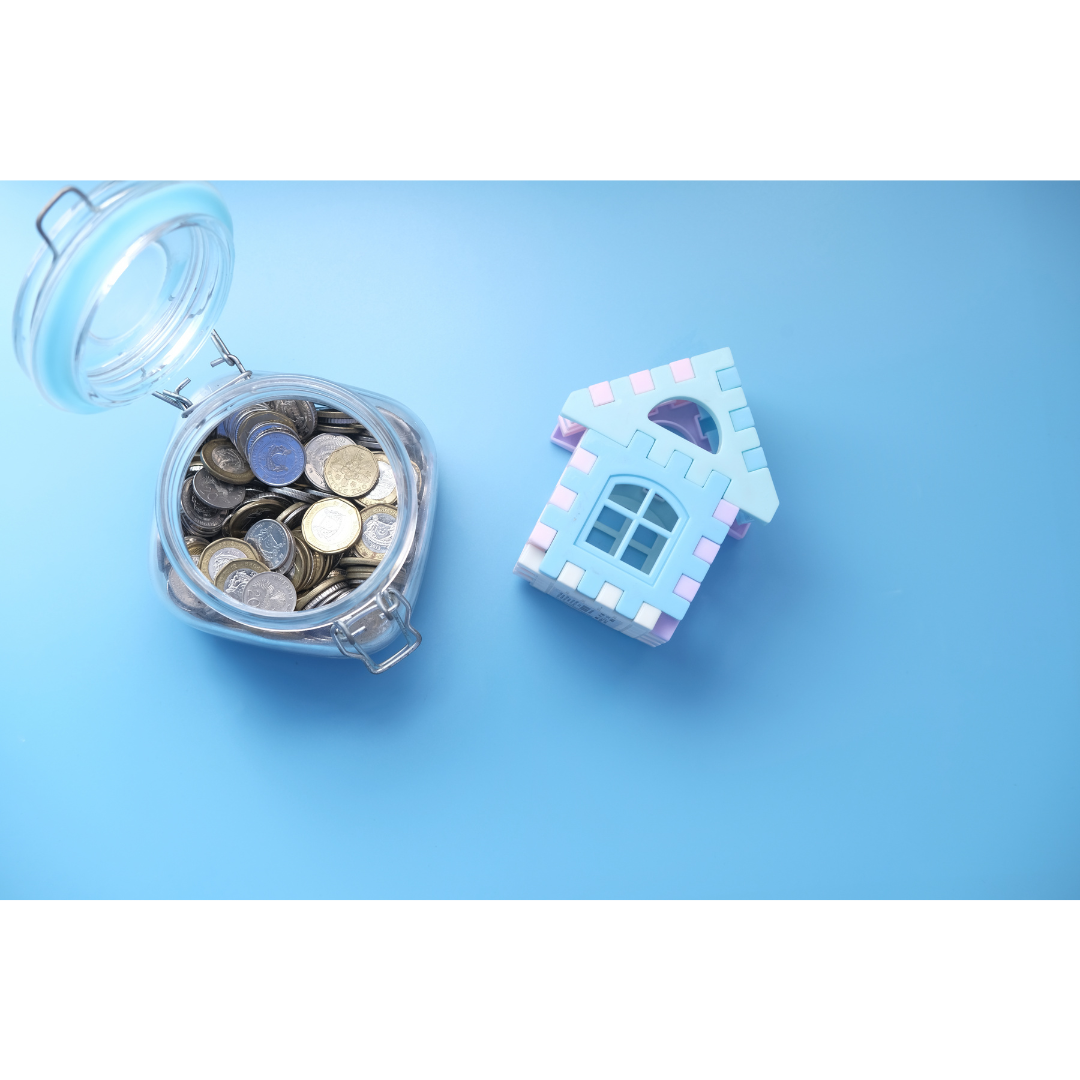It is an undeniable fact that Nigeria’s real estate sector is growing exponentially, and this is great when you think of our age-long struggle with housing deficits and other urban and regional challenges. So how are things lately-say, over the past year? In this blog, we will share our expert review of how the industry fared on the grand scale of things, examining what made it tick and the shortfalls as well. Read on!
We will start with the lows because we are saving all the good stuff for last:
High-Interest Rates and Declining Investments Caused by Socio-Political “Higgy-Haga”:
Real estate development was characterized by high interest rates, breakneck exchange rates, declining household income, and inadequate fiscal policies. These factors were heightened by the volatility of the general elections and the change of government, which birthed the infamous fuel subsidy removal.
These factors resulted in fewer new constructions, difficulty in obtaining lands, shoddy constructions leading to incessant collapses, and the demolishing of properties worth billions of Naira by the government, especially in Lagos and Kano States.
Housing Deficit Raised its Shoulders Even Higher-Cue in “Buga” by Kiss Daniel:
Nigeria currently has an estimated 28 million housing deficit; to close this gap, the country would need to spend roughly N21 trillion. Nigeria has a homeownership rate of only 25% of its 200 million+ population, far lower than that of its peers, including South Africa, whose rate is 70% for a population of 56 million. (This is according to The Guardian.).
Throughout 2023, the sector faced challenges with policy execution at both the state and federal levels. Most residences constructed by state and federal governments were out of the financial reach of those with modest incomes, and accessibility was a significant problem.
According to data from the National Bureau of Statistics (NBS), Nigeria’s headline inflation rate increased from 21.82% in January 2023 to 27.33% in October 2023. This trend significantly affected the cost of building supplies, real estate, and rent. In certain regions of the country, the cost of purchasing new homes and rent increased by more than 100%, while building supplies such as cement, sand, paint, reinforcement, and sanitary wares increased by more than 50%. The soaring cost of building has resulted in the abandonment of other house construction sites around the nation.
In real terms, the country’s Gross Domestic Product (GDP) increased by 2.54% (year over year) in the third quarter of 2023; this was greater than the 2.25% growth in the same quarter of 2022 and higher than the 2.51% growth in the second quarter of 2023.
How did the real estate industry contribute to this? it made up 4.46% of the nominal GDP in the first quarter of 2023, as opposed to 4.92% in the same period in 2022 and 5.62% in 2022’s fourth quarter. In the third quarter of 2023, the sector made up 5.58% of the GDP, while the construction industry contributed 3.36%.
From the above data from the NBS, industry participants were dissatisfied with the sector’s performance following a year marked by high prices, short inventory, and supply chain bottlenecks. It was noted that indices including insufficient project financing, interest rates, inflation, and other economic volatility were contributing factors to the 2023 real estate sector lows.
Were there some highs in the sector in 2023? Oh yes! Here you go:
Reopening and final approval of the National Building Code
One historic achievement for the industry was the reopening and final approval of the National Building Code by the legislative and executive branches of government. This code emphasizes the use of professionals at every stage of construction to end pitfalls like building collapse and hold professionals accountable in any eventuality.
Rent Financing Became More Popular
The emergence of feasible rent financing options is another big win for Nigeria’s real estate sector. Now Nigerians no longer have to bear the burden of paying for a whole year’s rent, or even two, all at once, as rent financing offers options like monthly payments, which is more realistic given how the average Nigerian earns and spends. To ensure our customers are making the most of this superb option, we partnered with Moni and Monthly to make rent financing more accessible to them. Click here to read why rent financing may be a better choice for you

Read also: 9 months run down of the Nigerian Real Estate Market in 2023
Proliferation of Younger Independent Real Estate Agents on Digital Platforms
The Gen Z’s have officially joined the chat! By now, you must have noticed the hundreds of thousands of young people who have taken an interest in becoming real estate agents and are using their independent social media platforms to drive publicity for different listings. This is a welcome development and an exciting one that ensures financial empowerment for more young people. We will give you a pro tip to help you cash out in 2024 – upload those properties to buyletlive.com to get more traffic and interested customers faster! You are welcome.
Real Estate Content Creators Held Us SpellBound
These guys came in and dispelled the old gist that real estate content is boring. They wowed us with their humorous, shocking, and uber-creative approach to property review. Ola of Lagos and his cohorts made Nigerians aspire, desire, and perspire with those lavish listings in the most desirable parts of Nigeria. More of this in 2024, please!
Looking Forward;
While the real estate industry had both negative records and bright records in 2023, one thing is sure: the industry is very promising, and 2024 looks exciting already. Whatever the year brings, please know that BuyLetLive, your partner in good living, will be here to hand-hold you through it all, so stick with us! Have a fantastic new year, from all of us at BLL. Cheers!
